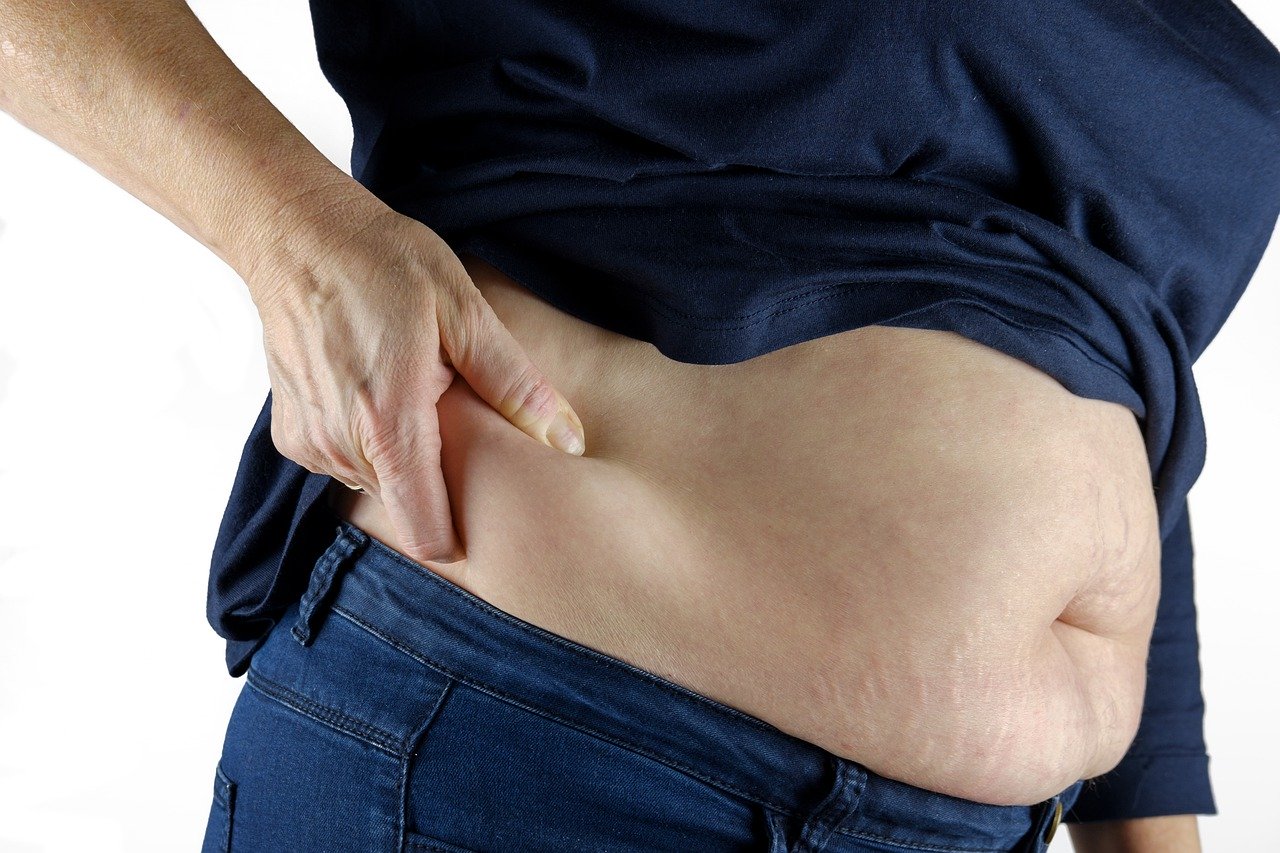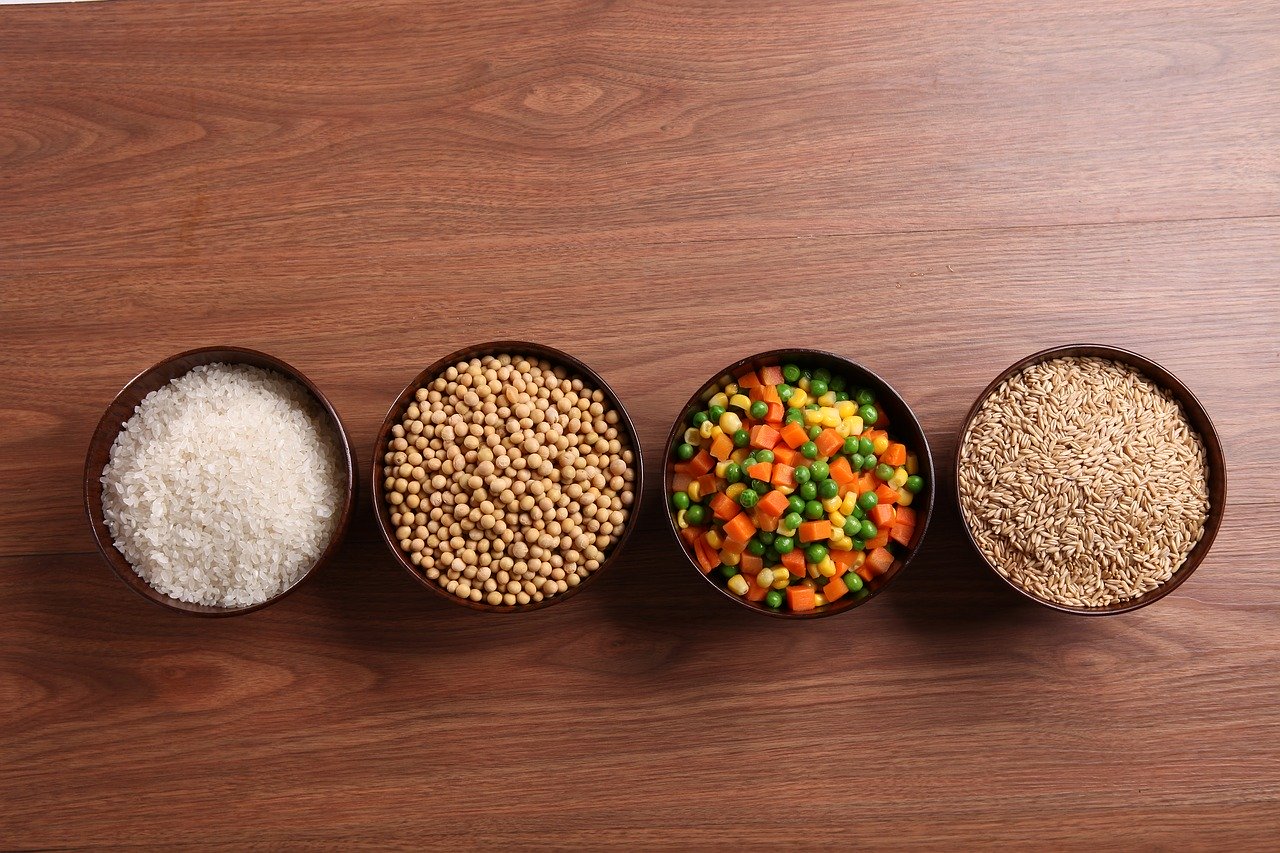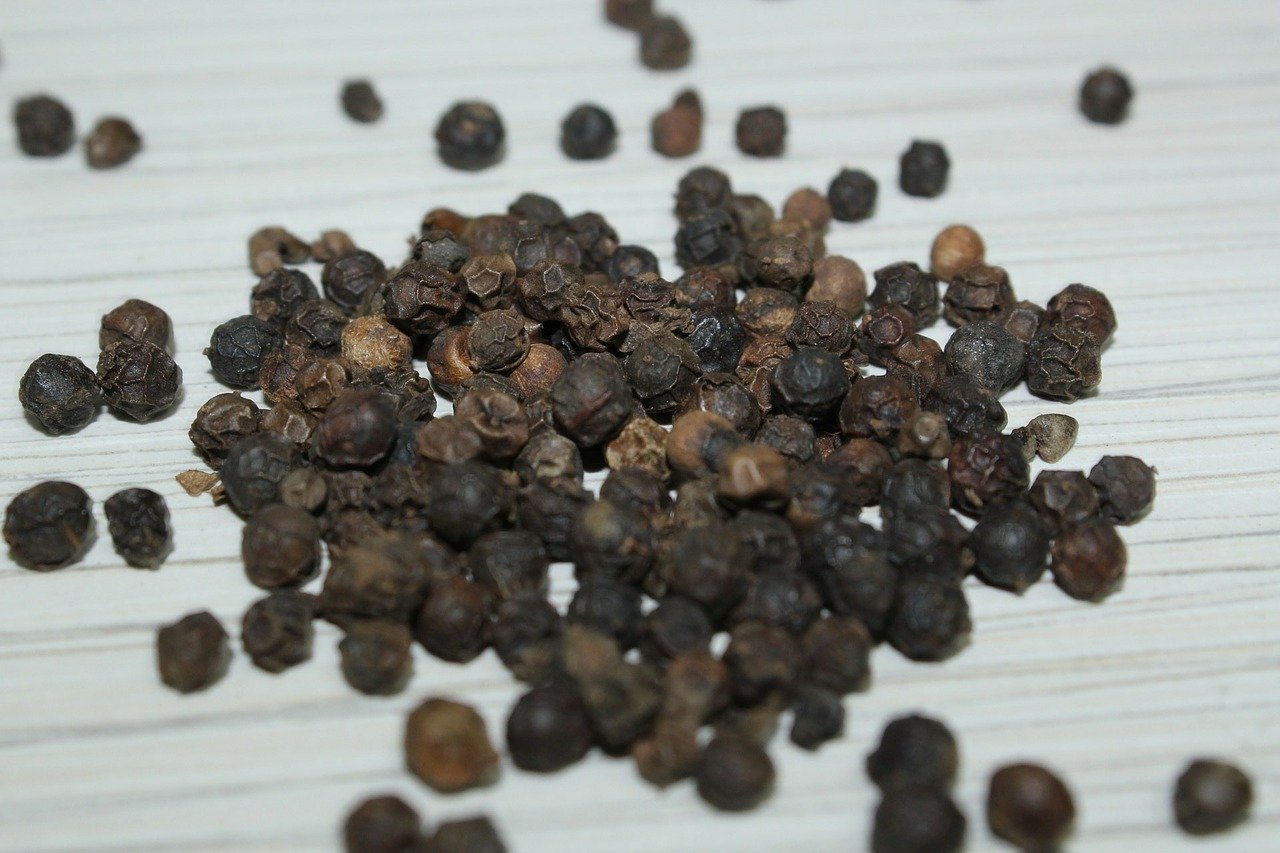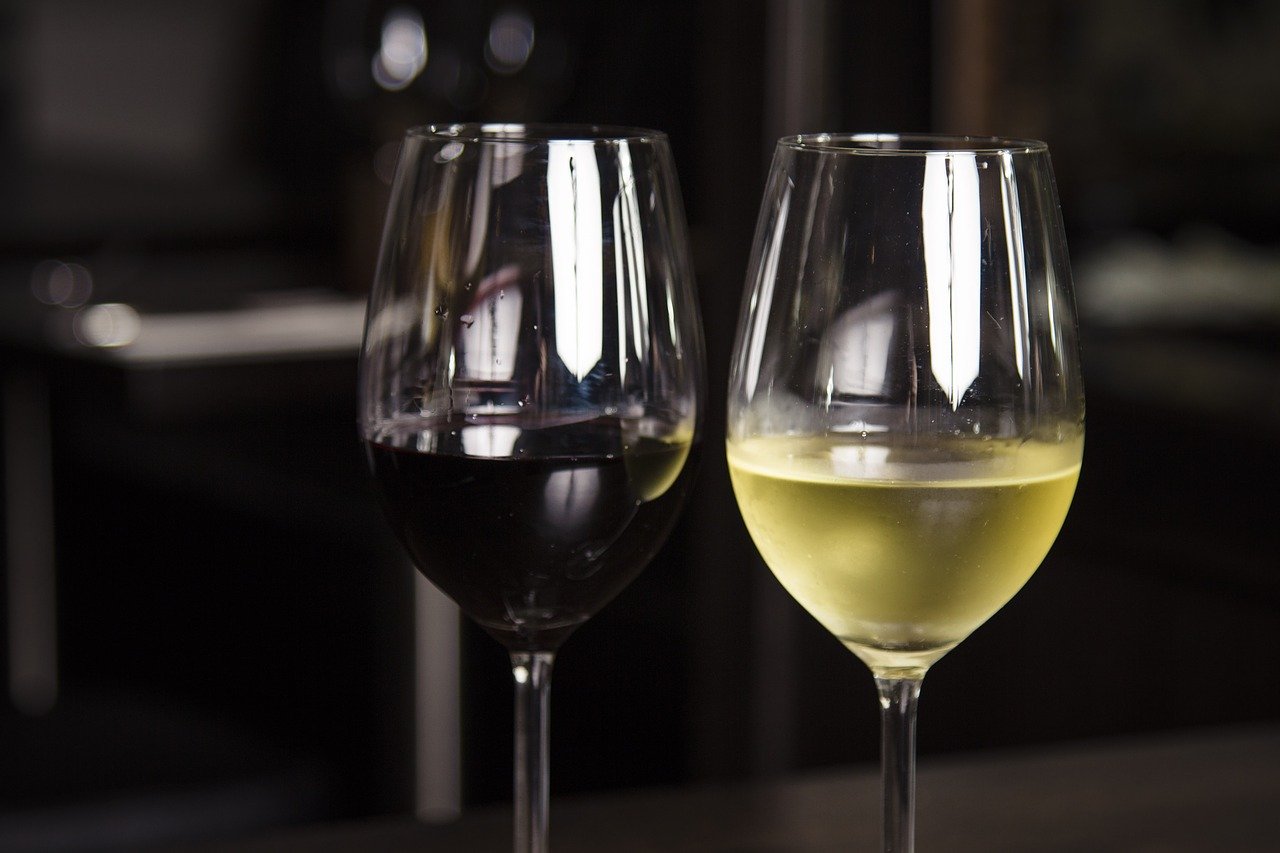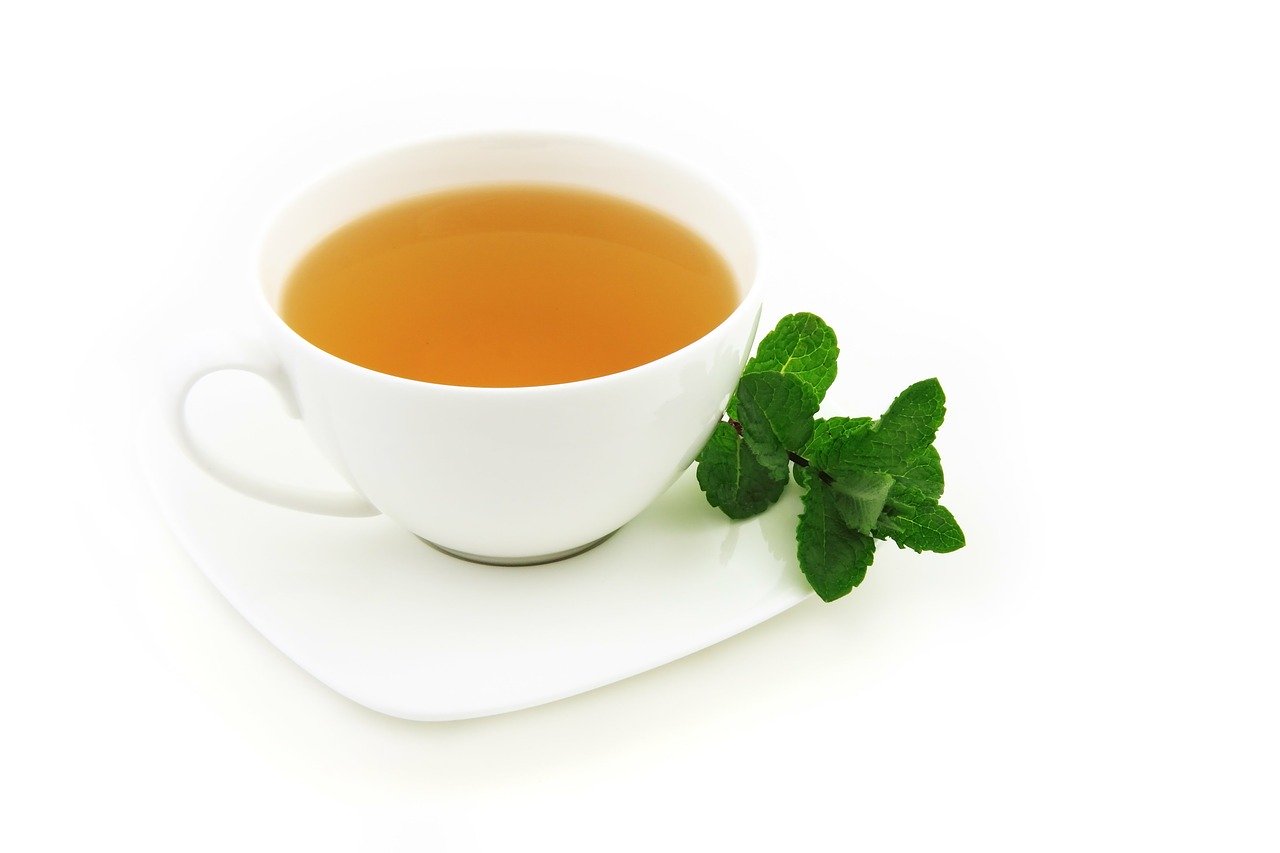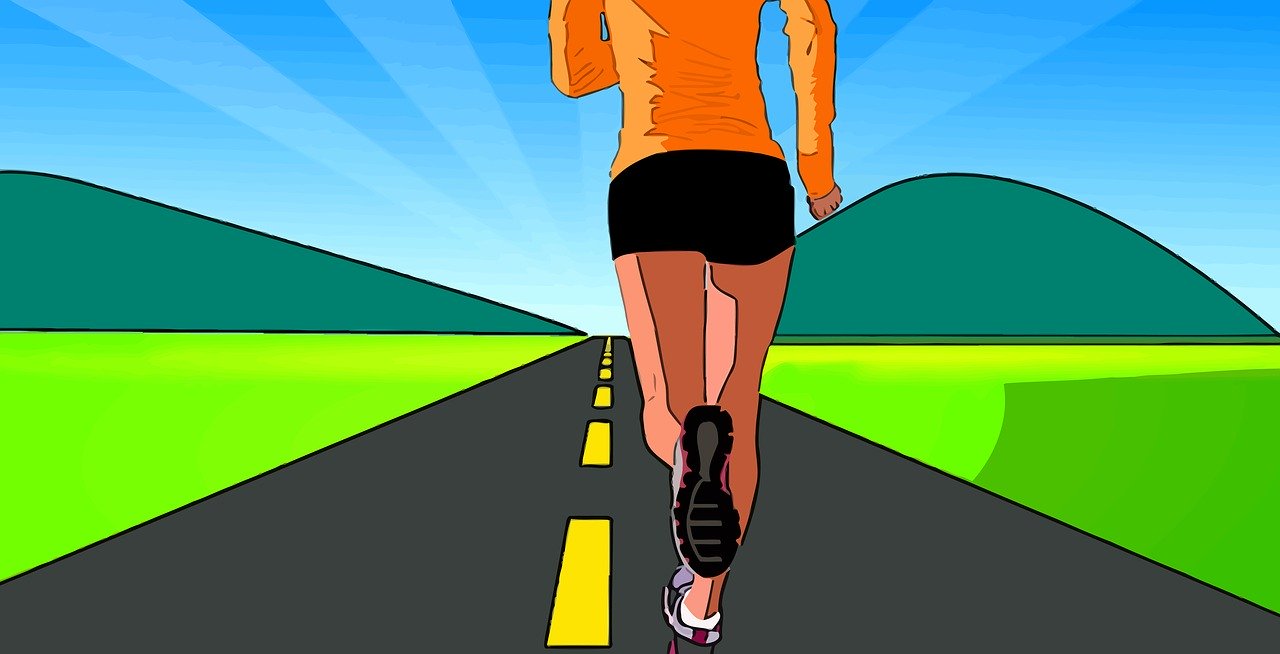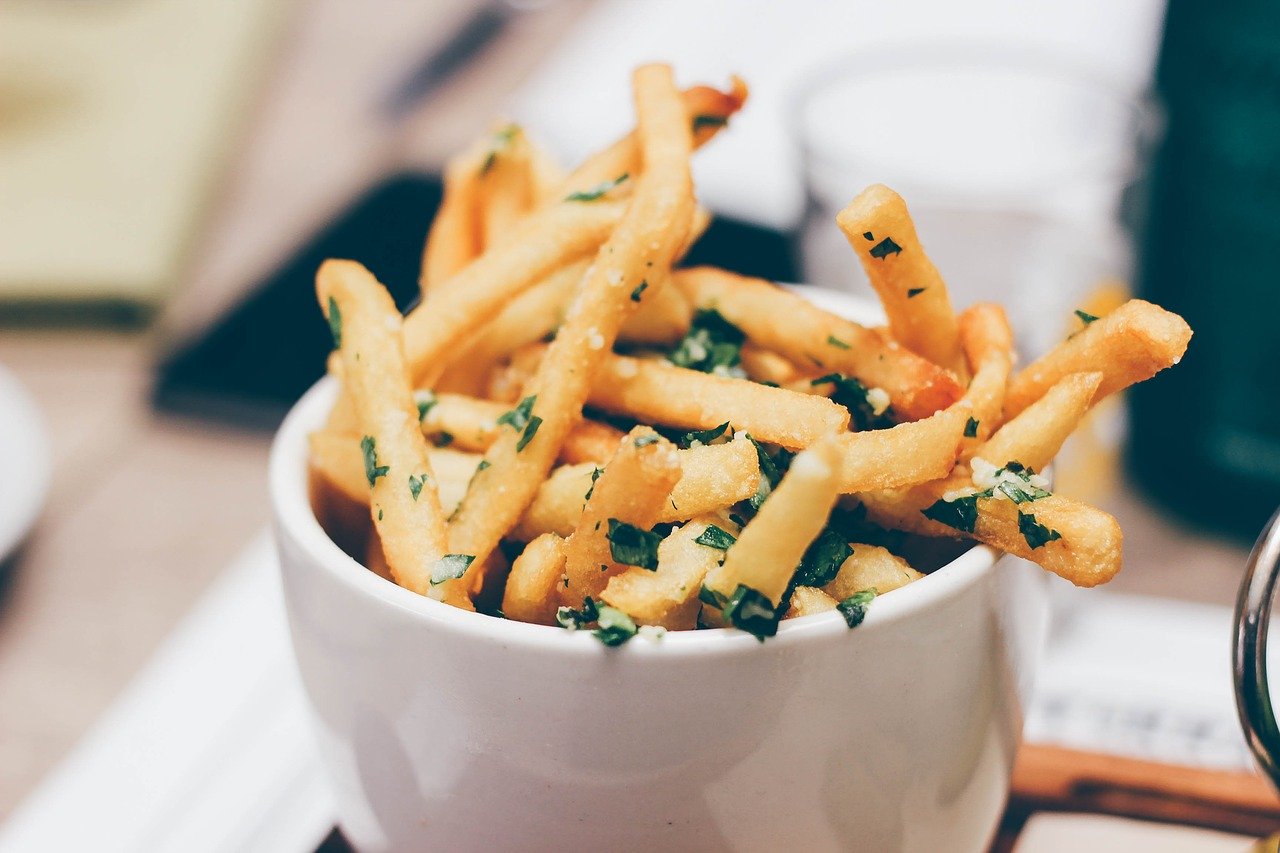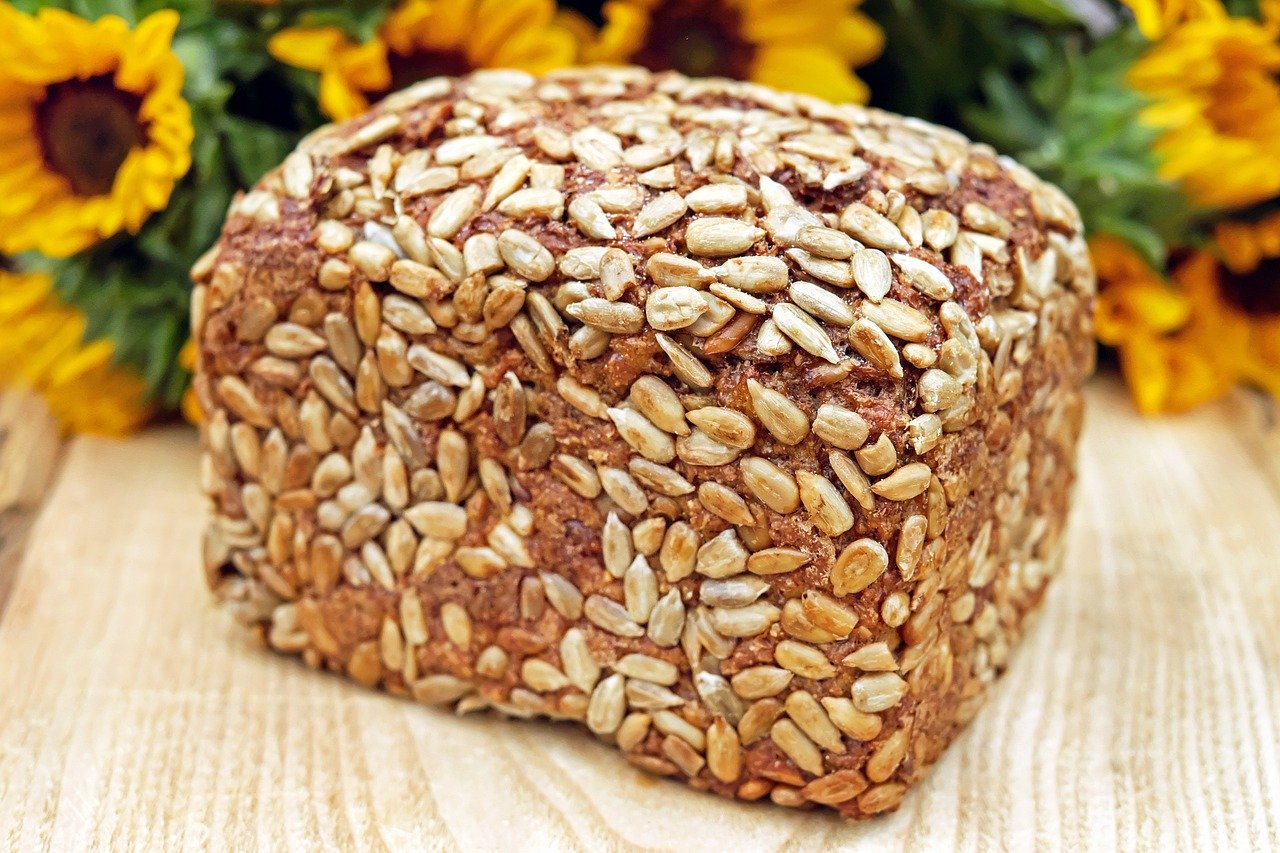In April 2020 researchers from the USA assessed the association between diet quality scores and risk of breast cancer. Dietary information was collected via a food frequency questionnaire and scores … Read more
A higher adherence to the Chinese Food Pagoda and Dietary Approach to Stop Hypertension diet appears to reduce the risk of premature death and breast cancer-specific recurrence or death among long-term breast cancer survivors
In February 2020 researchers from the USA and China published the results of their study to assess the possible benefits of adherence to dietary recommendations among breast cancer survivors. A … Read more
Black pepper appears to have important pharmacological properties which warrant further research
In February 2019 researchers from Mauritius, India, South Africa and Turkey published their review on the medicinal aspects of black pepper (Piper nigrum L.). India was seen to have the … Read more
Drinking more than 2 cups of coffee per day appears to be associated with reduced tumour-specific insulin-like growth factor receptor 1 levels as well as an improved prognosis amongst tamoxifen- or radiotherapy-treated individuals with breast cancer but only if they were not overweight or obese
In June 2018 researchers from Sweden published the results of their study to assess the role of coffee consumption on the prognosis of breast cancer and possible associations with tumor-specific … Read more
The association between total alcohol intake and risk of breast cancer appears to be mainly limited to oestrogen receptor positive breast cancer, especially in post-menopausal women, whilst an analysis of different types of alcohol showed that only wine revealed similar results
In February 2020 researchers from China published their review of the medical scientific literature to to assess the association between different alcoholic beverages (spirits, wine and beer) and risk of … Read more
Green tea has a potentially protective effect against breast cancer, especially for breast cancer recurrence
In December 2018 researchers from Italy published their review of the medical scientific literature to assess the effect of green tea on the risk of breast cancer. The risk of … Read more
Coffee and/or caffeine may be associated with a reduced risk of endometrial cancer but, at the same time, is probably associated with an increased risk of breast cancer in pre-menopausal or normal weight women
In October 2018 researchers from the USA and Canada published the results of their study to assess the effect of coffee, tea and caffeine on the risk of breast, endometrial … Read more
Coffee consumption may be associated with an increased risk of breast cancer in women who have used hormone replacement therapy in the past
In June 2018 researchers from the USA published the results of their study to assess the association of coffee consumption with post-menopausal breast cancer risk, including by status of post-menopausal … Read more
Adherence to a Mediterranean diet had no effect on the quality of life of breast cancer survivors whilst those who undertook a moderate amount of physical activity had a higher quality of life score
In January 2020 researchers from Italy published the results of their study on the quality of life among breast cancer survivors. The researchers assessed the association between adherence to the … Read more
An inadequate consumption of vegetables and the consumption of soft drinks, processed juices, fried foods, and sweets appear to increase the risk of breast cancer
In January 2019 researchers from Iran published the results of their study to assess the relationship between dietary patterns and the risk of breast cancer in women aged under 50 … Read more
Whole grains, an important food source of phytochemicals, appear to reduce the risk of breast cancer
In August 2019 researchers from China and Canada published their review on the association between whole grains and the incidence of breast cancer. The researchers stated that some studies have … Read more
A high estimated night-time exposure to outdoor artificial light in the blue-enriched light spectrum increases the risk of breast and prostate cancer
In April 2018 researchers from Spain, Canada and UK assessed the association between artificial light at night during sleeping time with risk of breast and prostate cancer in Spanish individuals. … Read more
Eating late at night, which leads to disruption of the circadian rhythm, may increase the risk of cancer at various sites
In November 2018 researchers from France published the results of their study to assess the association between number of eating episodes, night-time fasting duration, time of first and last eating … Read more
A long interval between last meal and sleep is associated with a reduced risk of breast and prostate cancer
In November 2018 researchers from Spain published the results of their study to assess whether the timing of meals is associated with breast and prostate cancer risk taking into account … Read more
Specific dairy foods may contribute to breast cancer risk in women, although the risk varies by source of dairy
In February 2017 researchers from the USA published the results of their study to assess the associations between the types and quantity of dairy foods consumed and the risk of … Read more
Pilates appears to relieve the impact of breast cancer-related symptoms although, with the exception of pain and self-reported upper extremity function, the effects are not significantly greater than those derived from other exercise programmes
In December 2018 researchers from Spain published their review of the medical scientific literature to assess the effect of Pilates in women with breast cancer. A total of five studies … Read more
Olive oil consumption appears to reduce the risk of cardiovascular disease, breast cancer and diabetes type 2
In December 2018 researchers from Greece published their review of the medical scientific literature to assess the effect of olive oil on human health. A total of ten studies were … Read more
A higher intake of plant-based products along with a lower intake of animal products may reduce the risk of digestive and lung cancers
In November 2018 researchers from France published the results of their study to assess the association between a plant-based dietary score and cancer risk. A higher plant-based dietary score reflects … Read more
Frequent and moderate users of beauty products and frequent users of skincare products appear to have an increased risk of breast cancer
In February 2018 researchers from the USA published the results of their study to assess the association between the use of personal care products and breast cancer. The personal care … Read more
Hair dye use appears to be associated with a 18.8% increased risk of developing breast cancer
In February 2018 researchers from the UK published their review of the medical scientific literature to assess the use of hair dyes and the risk of breast cancer. A total … Read more

